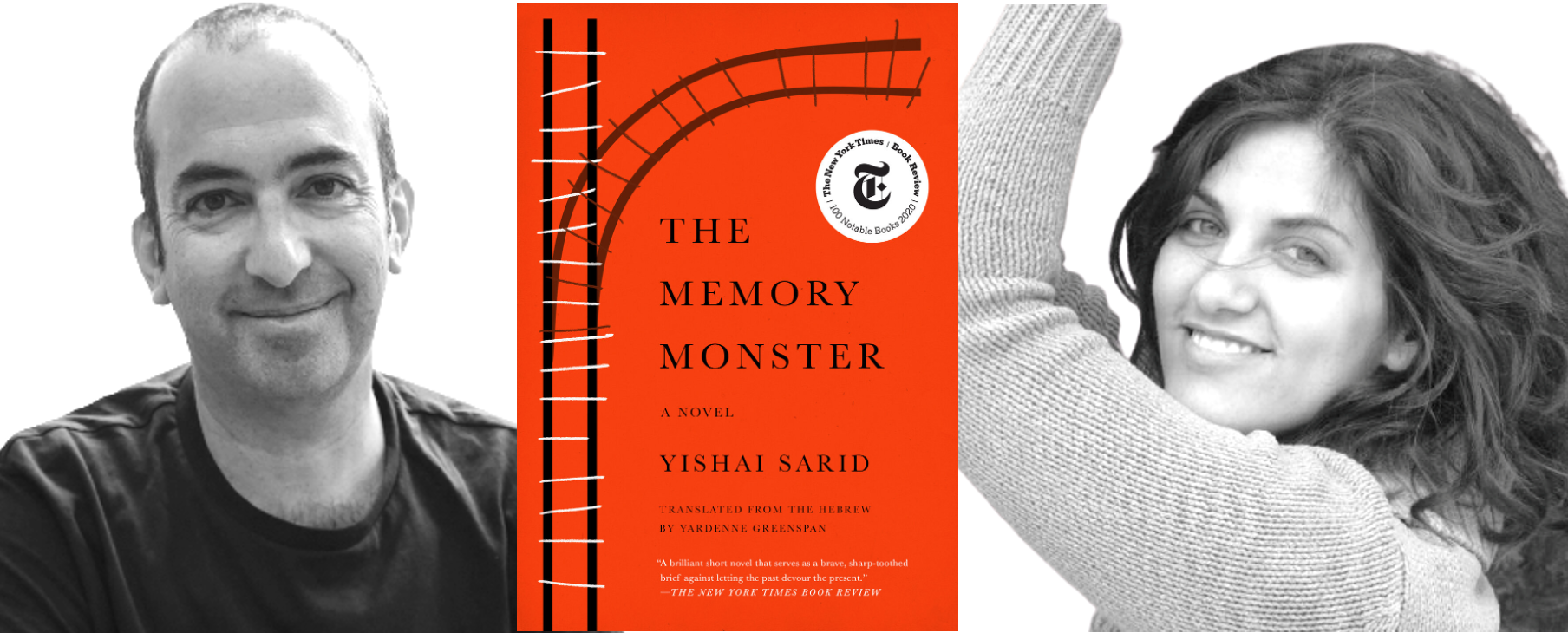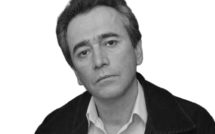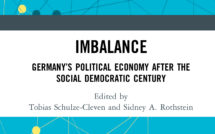

Translated from the Hebrew by Yardenne Greenspan.
On the first free day I had after that, I returned to Sobibor to dig. Really dig, with a hoe, and with my hands, on my knees, mining for bits of bone, collecting pins and buttons left behind by the dead. The archaeologist didn’t ask anyunnecessary questions. He’d agreed for me to come as soon as I’d called him.
I left Warsaw at dawn—I couldn’t sleep anyway—and arrived around noon. I’d lost cell service in the forest again, and even the car radio had stopped playing, but I found the way more easily this time.
The archaeologist added me to the group of Polish laborers, who didn’t seem pleased about it. I tried to tell them Iwas only there for a few hours. I didn’t want them to think I was there to steal their jobs. But my Polish was horrendous.I’d never made a real effort to learn the language properly, and they didn’t understand. They dug a new hole, firstbeating the ground hard, then, once the soft layer beneath was exposed, switching to small pickaxes. The archaeologist tooksamples of the soft dirt to be tested in a lab. The new hole was close to the spot where the walls of gas chambers had beenuncovered. Other holes in the area had revealed remains of bones, rusty spoons, hair pins, and other personal effects.
My hands began to hurt pretty quickly, but I didn’t allow myself to take any breaks, even when the Poles stopped to eat and rest. The archaeologist offered me a part of his sandwich and I took a quick bite standing up because the groundwas so cold. He told me that in a few days he would be going to Israel to celebrate one of his three sons’ bar mitzvahs. I heard a bus approaching and pulling up. When the people descended I recognized Hebrew, which sounded foreign and out of place. Their guide explained that this path was where the Jews were whipped and rushed toward the gas chambers. I took another bite of the sandwich and kneeled inside the pit again. Now I dug with my hands, no gloves,seeking hard contact. My hands were scratched, my back hurt, and the Poles used their lunch break to its fullest degree,standing around, smoking and watching me dig.
The tour group came nearer and was standing almost over my head at this point. The guide explained the digs takingplace on the premises. I lowered my head and waited for them to leave with their guide and his explanations. “Look athow they dig, these derelicts,” one of them said. “With their hands. I have an aunt who was murdered here. I hope he isn’t touching her with his filthy hands.”
I had to hold back not to step out of the hole and come at him. I was furious.
“The chamber was connected to the motor of an old tank and the people inside were poisoned with carbonmonoxide,” the guide continued, using phrases that glorified the process. I heard myself in his voice and was appalled. Hehad no mercy. I recalled how much appreciation I had for the undertaker who had crawled into my father’s grave to receivethe shrouded body, taking him in his arms and placing him tenderly on the ground. I realized that’s what I was trying to dodown in that pit. I was about to lose hope of finding anything down there, but as evening descended my fingers bumped intosomething hard. I grabbed hold of it before I lost it. “I found something,” I declared, and pulled out a key, corroded at thetip but retaining its shape. The archaeologist came closer, took the key from my hands, and said, “Nice work. We don’t find this kind of thing just every day.”
He took down the date and time of the find, the location of the pit. He took a photo of the key, slipped it into a smallbag, and sealed it.
“Let me look at it for a moment,” I asked. I looked at the key from every angle, searching for a hint or a mark so that Iwouldn’t have to try every door in Europe in search of the appropriate lock. I returned the key.
Suddenly, the archaeologist smiled at me, lighting up the forest for a moment. I liked his tough face and strong arms. Perhaps the two of us together would have been able to kill one German man. Not with the children. Not with thewomen. Not when we were starving. Not facing the barrels of rifles. It would be arrogant to think that could be possible.
The workers were eager to get out of there, but I thought about sticking around a little longer until it grew completelydark.
“Don’t stay here alone,” the archaeologist said, reading my mind. “This is a job. We finish and we leave. Otherwise welose our minds. It’s too awful.”
Yishai Sarid was born and raised in Tel Aviv, Israel in 1965. He is the son of senior politician and journalist Yossi Sarid. Between 1974–1977, he lived with his family in the northern town of Kiryat Shmona, near the Lebanon border. Sarid was recruited to Israeli Army in 1983 and served for five years. During his service, he finished the IDF’s officers school and served as an intelligence officer. He studied law at the Hebrew University of Jerusalem. During 1994–1997, he worked for the Government as an Assistant District Attorney in Tel-Aviv, prosecuting criminal cases. Sarid has a Public Administration Master’s Degree (MPA) from the Kennedy School of Government at Harvard University (1999). Nowadays he is an active lawyer and arbitrator, practicing mainly civil and administrative law. His law office is located in Tel-Aviv. Alongside his legal career, Sarid writes literature, and so far he has published six novels. His novels have been translated into ten languages and have won literary prizes. Sarid is married to Dr. Racheli Sion-Sarid, a critical care pediatrician, and they have three children.
Yardenne Greenspan is a writer and Hebrew translator. Her translations have been published by Restless Books, St. Martin’s Press, Akashic, Syracuse University, New Vessel Press, and Amazon Crossing, and are forthcoming from Farrar, Straus & Giroux. Yardenne’s writing and translations have appeared in The New Yorker, Haaretz, Guernica, Literary Hub, Blunderbuss, Apogee, The Massachusetts Review, Asymptote, and Words Without Borders, among other publications. She has an MFA from Columbia University and is a regular contributor to Ploughshares.
Excerpted from The Memory Monster by Yishai Sarid. Published by Restless Books. Copyright © 2017 Yishai Sarid. Translation copyright © 2020 Yardenne Greenspan. All rights reserved.




